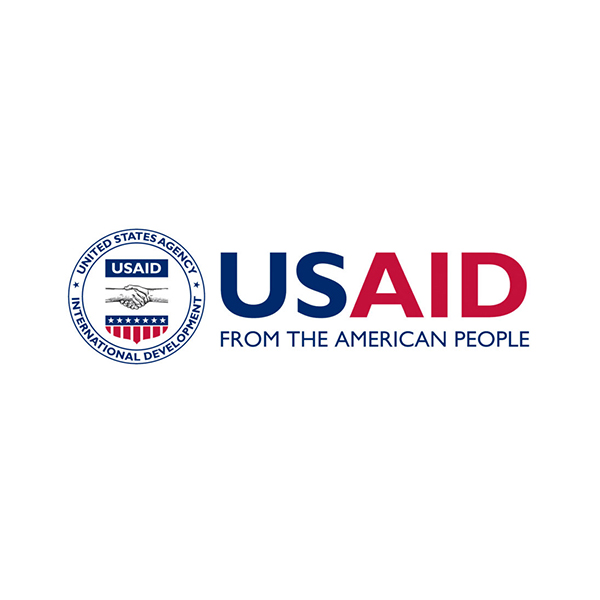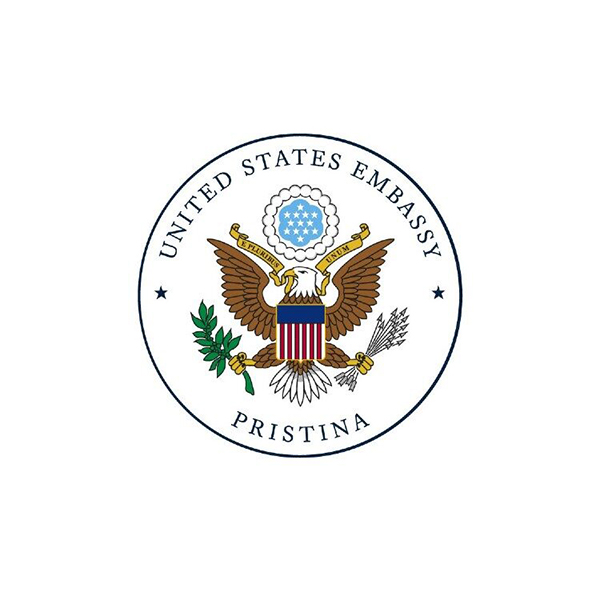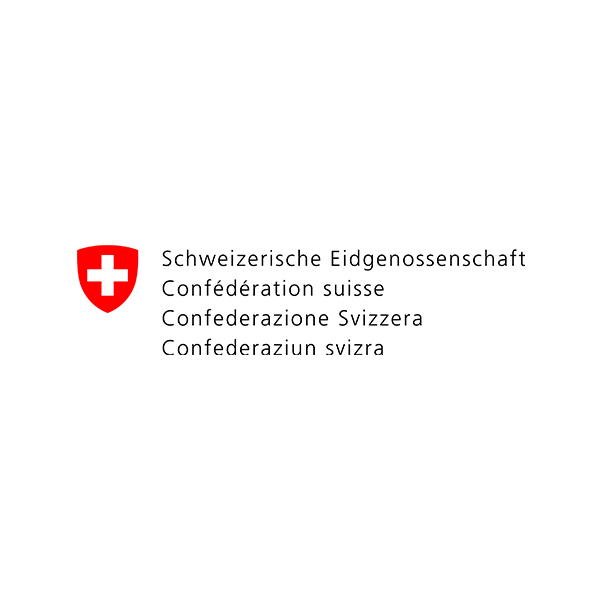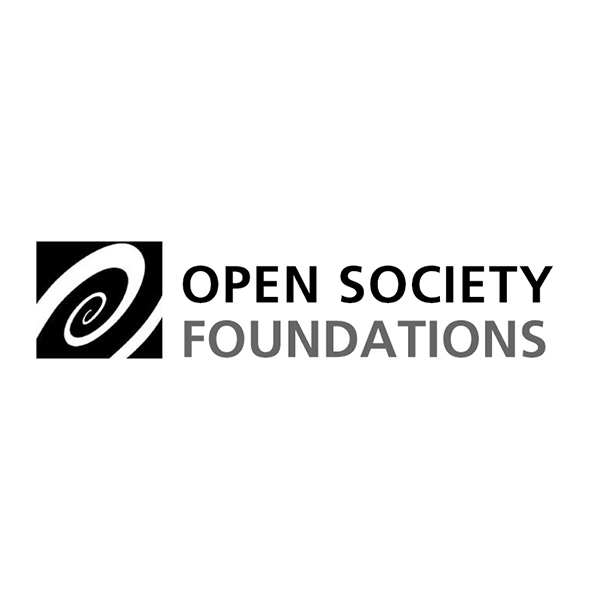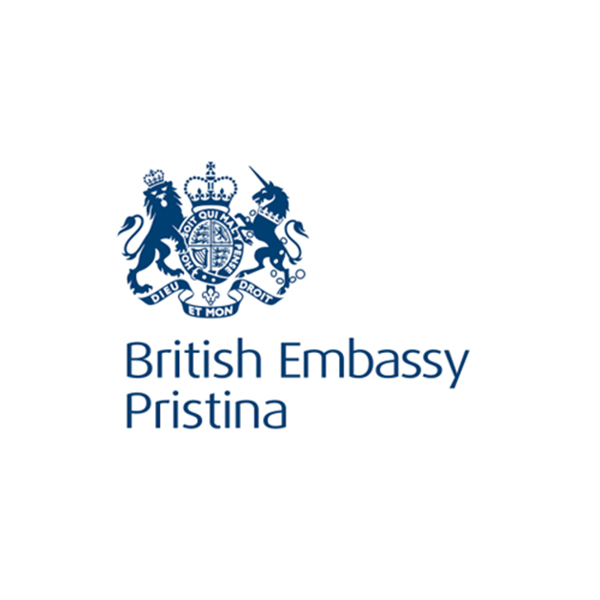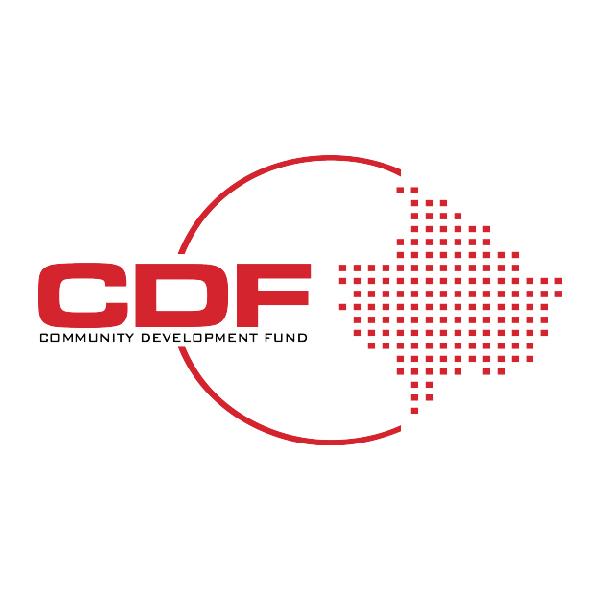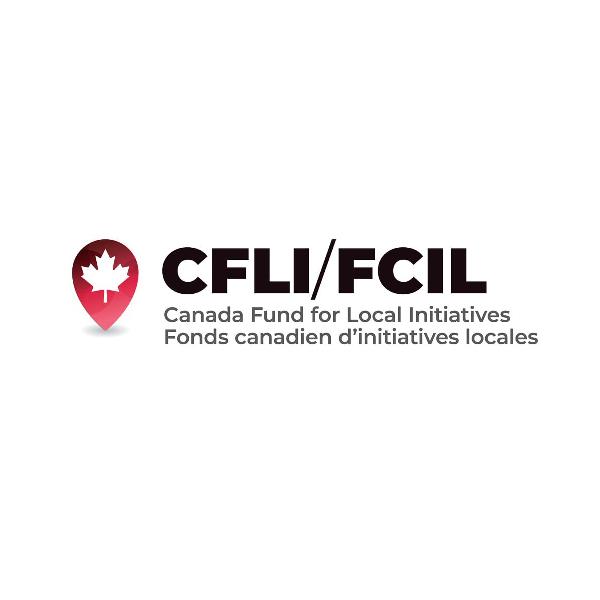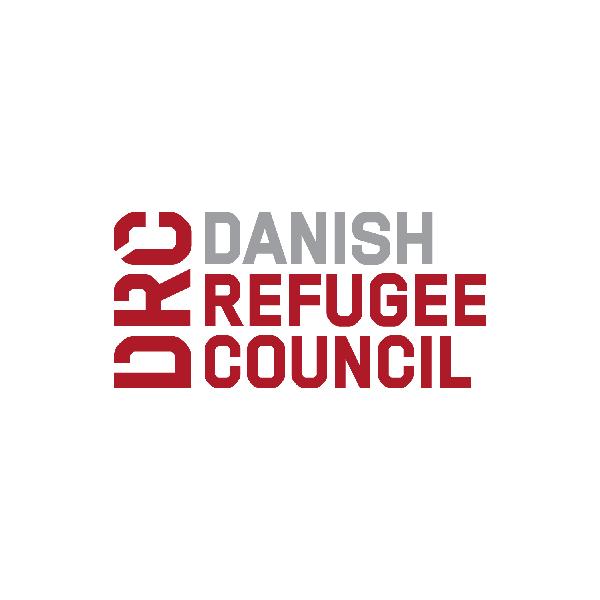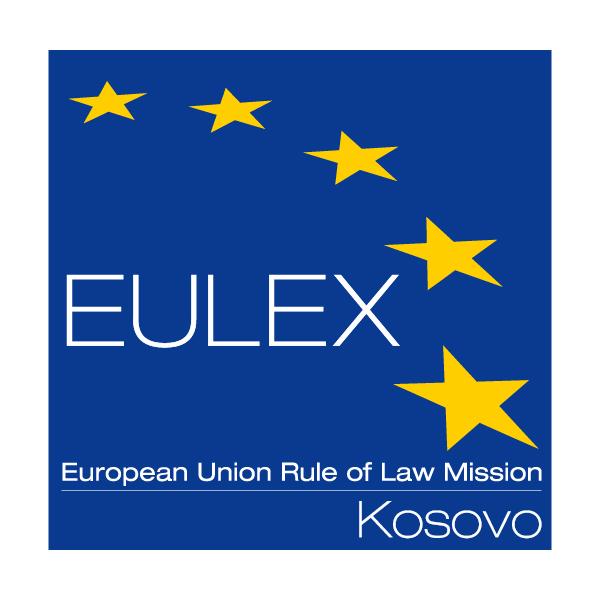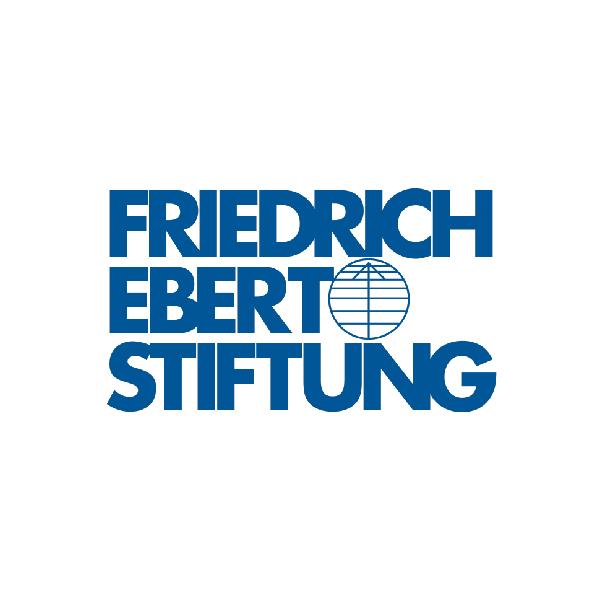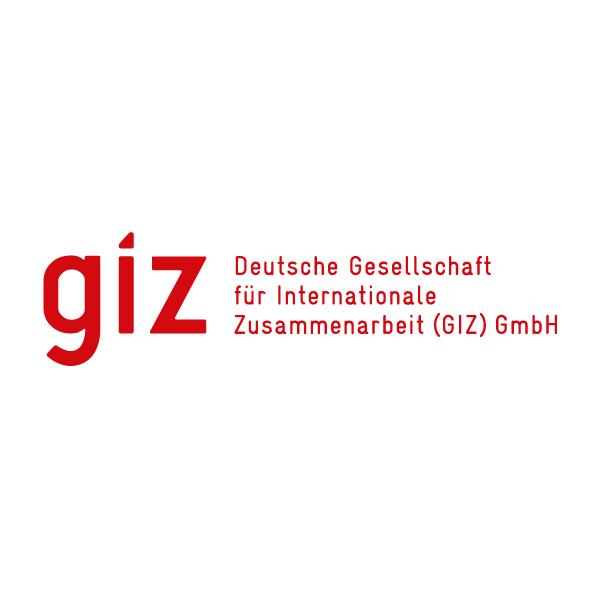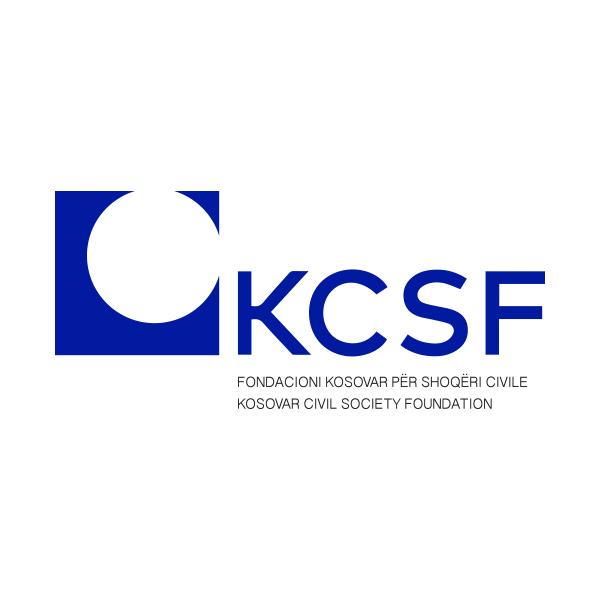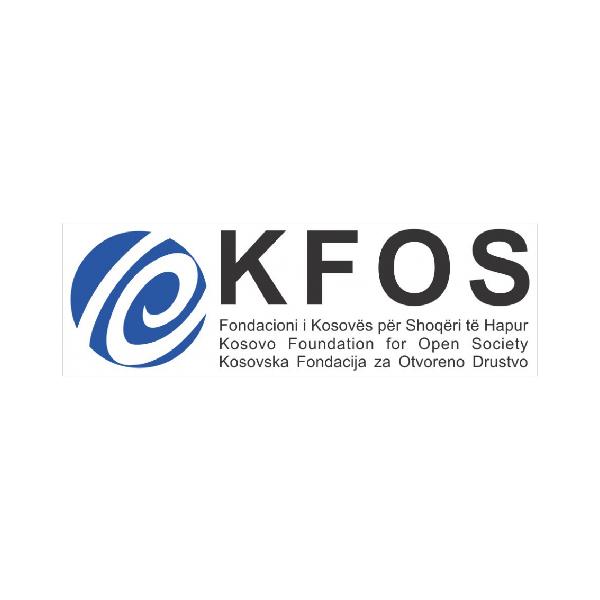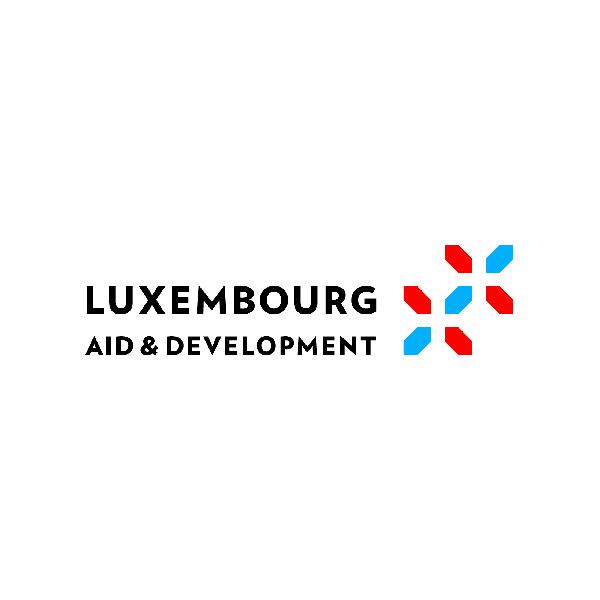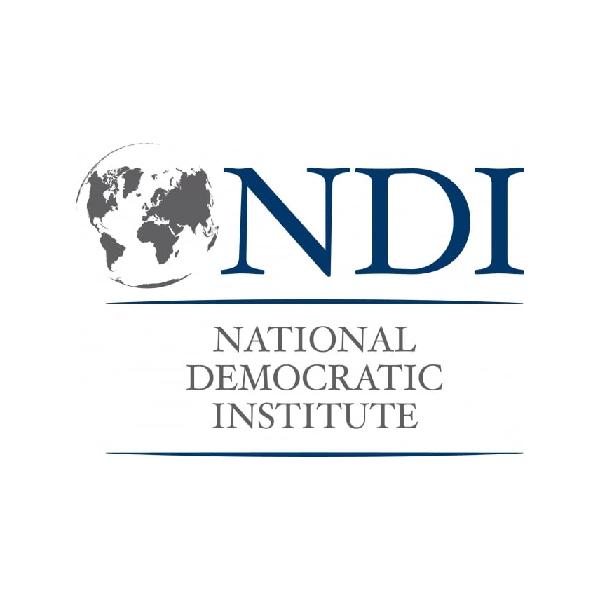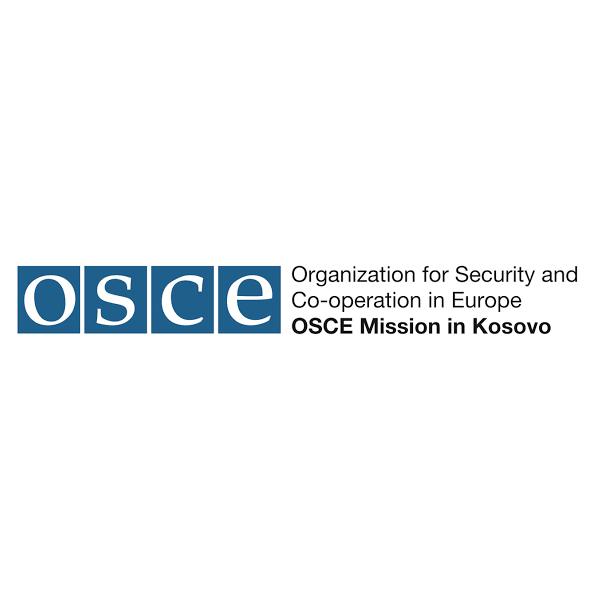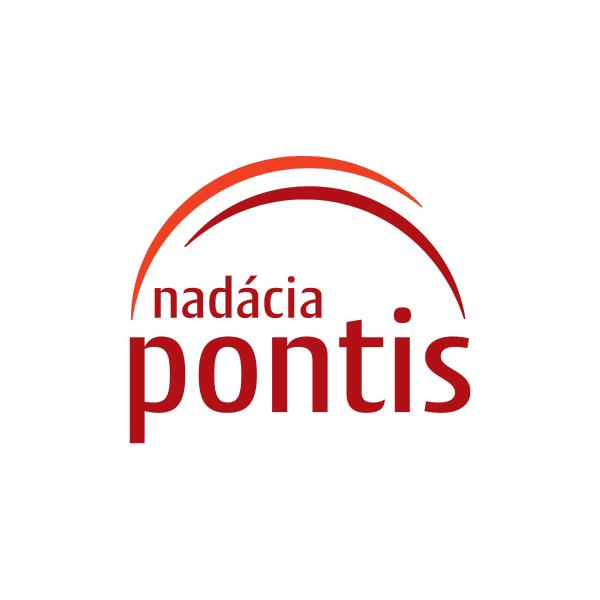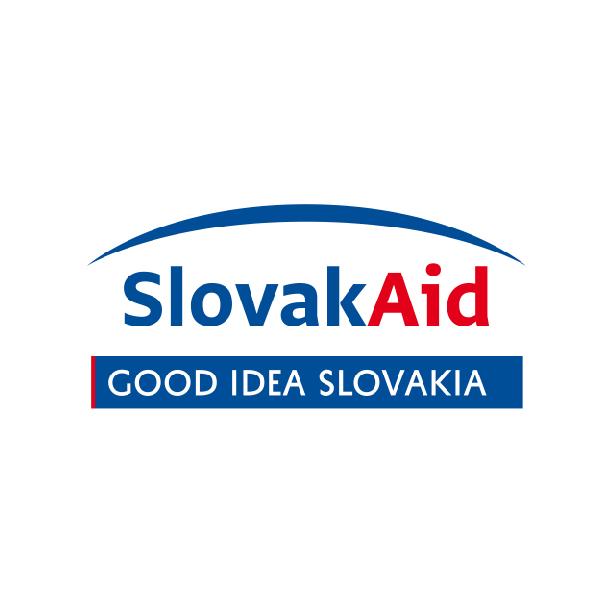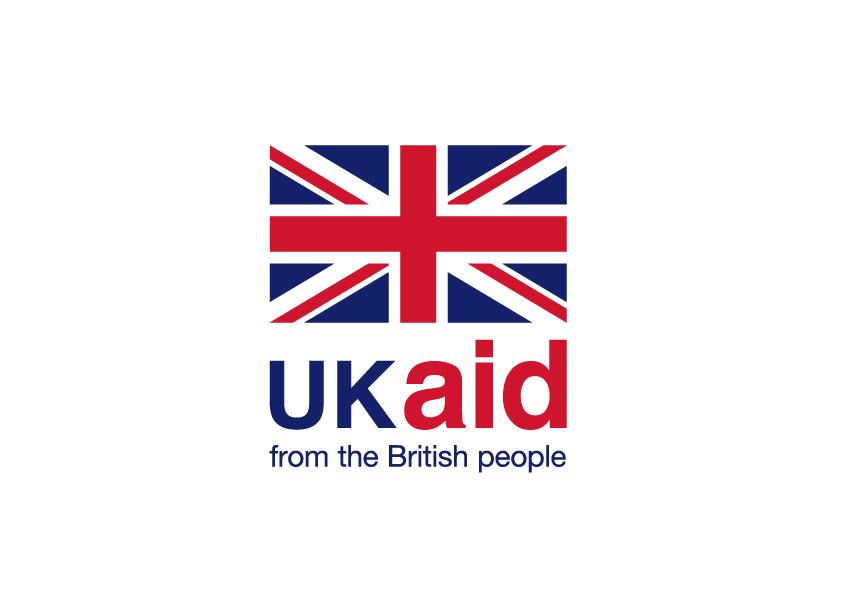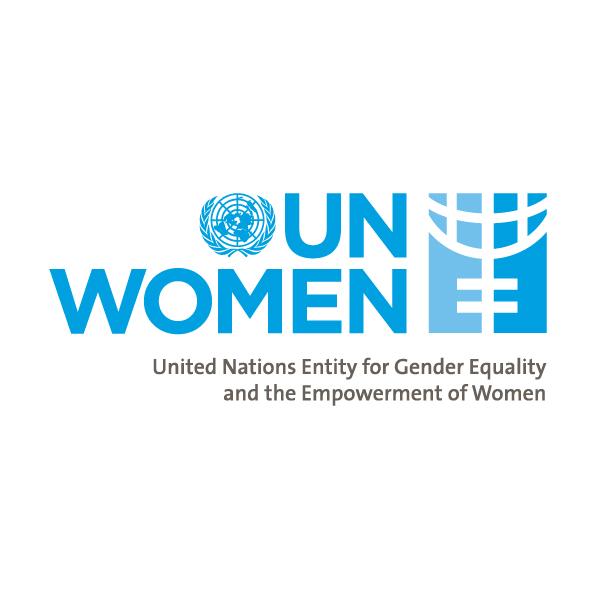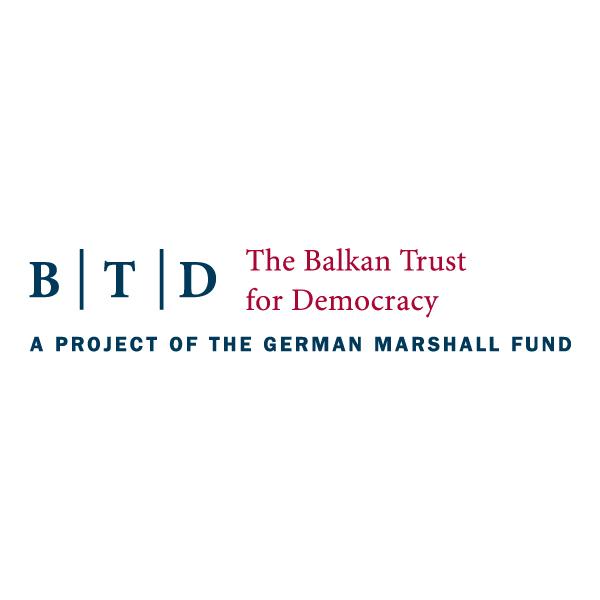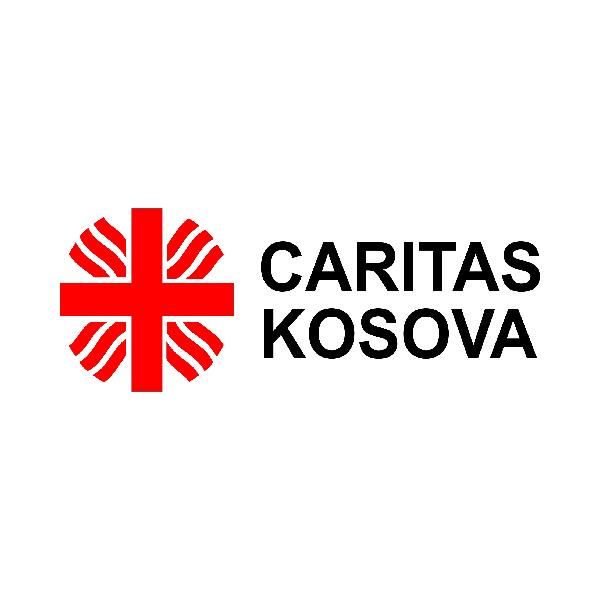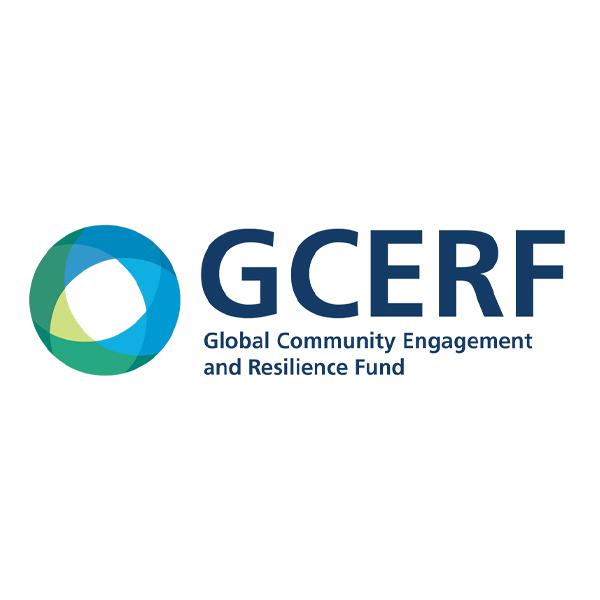I believe that Kosovo Serbs are the most tolerant people in the world, very adaptable and very lenient. They are the same when it comes to the use of language. They will not rebel as long as they can somewhat understand what it is all about. And even when they do not fully know what’s it all about, they will still be mild to institutions or officials and may ask for help from some Albanian-speaking friends to briefly translate what is written. This often happens when the police officer writes them a fine for a traffic violation, for example. It often happens that the description of the situation is not very accurate, but people find that out only when a friend translates to them why they were fined, and then it is too late because they have to pay that fine. And again, that Kosovo Serbs’ indulgence and tolerance – “it is better to pay the fine within two weeks while it is half less, than to be “dragged” through the courts”.
 The use of language in institutions depends on the current mood of officials
The use of language in institutions depends on the current mood of officials
Speaking of the court, the situation is often similar. Last year, I tried to obtain a criminal records check certificate. I received the form only in Albanian. Somehow, I still managed to fill out the form, but that was not the end of my problems. I approach the desk to submit the request. An older man working there addresses me with “miredita”, and I answered with “mirdita” (at least I know that much, and I like to greet people in their language if I already know how to). However, he continued to speak in Albanian. He was an older man, so I assumed he spoke Serbian. I tried English. No go. An older Albanian who also waiting in line next to me wanted to help me. He talked to the clerk and translated what the clerk said to me. After their brief discussion, and probably the man’s attempt to persuade the clerk to be kinder, he told me: “Sorry boy, he told you to come tomorrow at the same time to pick up the certificate”.
This year I needed the same certificate. I headed there with the expectation that it would be complicated. This time the form was bilingual and Serbian translation was correct. A young man worked at the desk. I estimate that he was about 30 years old. He was kind. He told me that I needed to make a payment before I submit a request to him. I went to the payment desk where an older man worked. He read my request carefully. He told me that I did not have to pay because, according to the new regulation, the fee for the criminal records check certificate is not charged if one needs it for employment purposes. I was grateful for that information. I went back to the younger clerk who told me that the number of applications was large and that I could only pick up the certificate in four days. I asked him to do it faster because the deadline for applying to the vacancy was in only two days. He understood and told me to come tomorrow at the same time. This time I left the court satisfied. We can communicate in a nice way after all.
As for other institutions in Pristina, most of them do not have information in Serbian. Somewhere the employees are kinder and want to speak Serbian (or English if younger employees are in question), and somewhere they avoid it at all costs. I usually ignore the later. Still, over time, I seem to have made good tactics. I always address them in Albanian (anyone can learn a few words). When I get any answer, I say a sentence I use often: “Më fal, kuptoj pak shqip, por nuk flas mirë. A flet serbisht ose anglisht?” (Sorry, I understand a little Albanian, but I don’t speak well. Do you speak Serbian or English?). Works almost every time, and in most cases I get a kind answer.
In the Ministry of Public Administration, the doormen are almost always rude. In the department for NGOs it is usually easier, because there is always someone who speaks good Serbian or at least English.
I have noticed that the openness of Albanians to speak kindlier often depends on political tensions and current events. I remember that I had many things to do in Pristina at the time when the train “Kosovo is Serbia” was coming from Kraljevo. I felt very bad in Pristina in those days and suffered many insults.
There are organizations that work a lot on this issue
I believe that the Office of the Language Commissioner and the NGO Communication for Social Development (CSD) have made life easier for all of us in the civil sector. When I just remember those old templates for the statute, and similar documents that can be interpreted in different ways due to poor translation… That’s much better now.
I owe my basic knowledge of the Albanian language to the Office for Community Affairs which, while Ivan Tomić was the director, organized an excellent free Albanian language course in cooperation with the European Center for Minority Issues. I also owe it to the “United Youth Task Force”, a youth group of peacebuilders where I worked as a volunteer, as well as to the work I did in Pristina.
If during the communication with young Albanians I can’t remember some words in English, I look for a solution in Turkisms in Serbian or maybe in words that my grandmother would use. Ašićare we have in common, as well as socks (čarape) and blanket (ćebe) and quilt (jorgan) and pillow (jastuk) and beans (pasulj) and potatoes (krompir) and corn (kolomoboć) and cucumbers (krastavac) and cherries (višnja) and crowds (gužva) and slippers (papuče), and many other words that you will hear while listening to Albanian, and vice versa.
Serbs can work in Pristina
I worked for a year at the KosovaLive agency in Pristina, and I had good experiences. The language barrier was not too pronounced, because all the younger girls who worked there spoke very good English, and the director and two older journalist coworkers spoke excellent Serbian.
I remember an ordinary working day in the office of the KosovaLive agency. I was translating an article and talking to an older coworker, when I heard noise coming from upstairs. Younger coworkers were running down the stairs and shouting something in panic. I could not understand a word. A colleague translated to me that there was a fire. One of the girls called the fire department, the other the police, the third one the electricity company. We turned off the electricity in the building. I grabbed the fire extinguisher and headed upstairs. They pulled me by the sleeve saying it was dangerous and that something might explode. I went upstairs and extinguished the electric heater that was largely on fire and the carpet that just caught fire. Everyone was grateful. They called me a hero. Firefighters arrived after more than half an hour later. Fortunately, we still understood each other. A coworker joked: “It was a very boring day, and now check out the headline – A Serb saves 20 Albanian women from a fire in downtown Pristina”. The mother of one of the girls came to the office the next day to say thank you. It was a real confidence building, bigger than any training.
While working in Pristina, I used to go to one of the nearby cafes to have my favorite Turkish coffee, to see people I know, but also to walk around the city and get to know the place. I wanted to truly feel that spirit of Pristina, to get to know the city where I was born and to feel like a host there, not to be just a foreigner who came just because he had to run some errands.
As I walk along the main promenade, a Bosniak friend heads my way. He spreads his arms towards me and addresses me loudly: “What’s up, Petar?! It’s been a while”! A chill takes hold of me. Maybe fear. I’m not sure if it’s justified. I feel like all those people on the promenade are staring at us. I try to be quieter, not to attract much attention… After a couple of years, that feeling is still there, I thought it would go away over time. However, it always appears at some point when I start speaking Serbian in Pristina or some other city, even when I am in the company of Albanian friends.
The more languages we know, the more valuable we are is not just a corny phrase
In the middle of August, Mlada Aktivna Gracanica, an organization of which I have been a member for the last 6 years, was invited to the Ministry of Culture, Youth and Sports in Pristina on the occasion of the International Youth Day. Usually, we celebrate Youth Day in a fun way, organizing a festival, concert, training, street action or a visit to an interesting place with young people from Gracanica and the surrounding area. This year, there was no opportunity to organize something like that. We considered organizing something online. In the end, this invitation from the Ministry sounded like the best possible way to observe Youth Day and to hear the voice of young people from Gracanica in institutions in Pristina. There I was kindly greeted by the youth director. I did not expect to be the only Serb there.
Minister Ms Vlora Dumoshi asked who the representatives of non-majority communities were. After I introduced myself, she welcomed me in Serbian. During her presentation in Albanian, I tried to request a translation. I became nervous. I could not understand everything. I knew that I was the only one who did not speak Albanian in the hall, but I believed that I deserved to have a translation since I was invited to the event in advance. After the presentation in Albanian, the madam Minister personally repeated everything in Serbian, and I received answers to my questions in Serbian. I was surprised and I felt respected. I forgot about the headphones and the translation device. This gesture was worth much more.
What can we do?
And so, in everyday life, people encounter various language barriers and try to get around them, but it is important that they know that their language rights must be respected by the institutions. If they are not, there is the Office of the Language Commissioner, which I know has successfully solved many problems. There are other non-governmental organizations that are trying to find solutions. A good example was given by NGO Aktiv when it demanded the translation in Serbian of the official announcements of institutions regarding the Covid-19 pandemic.
I hope that we will reach the moment when such problems will not exist, and when the Serbian language will be used correctly and equally by all institutions.
Until then, we can learn a few words in the language of our neighbors. Maybe those few words will improve our communication.
The author is the president of the organization Mlada Aktivna Gracanica


